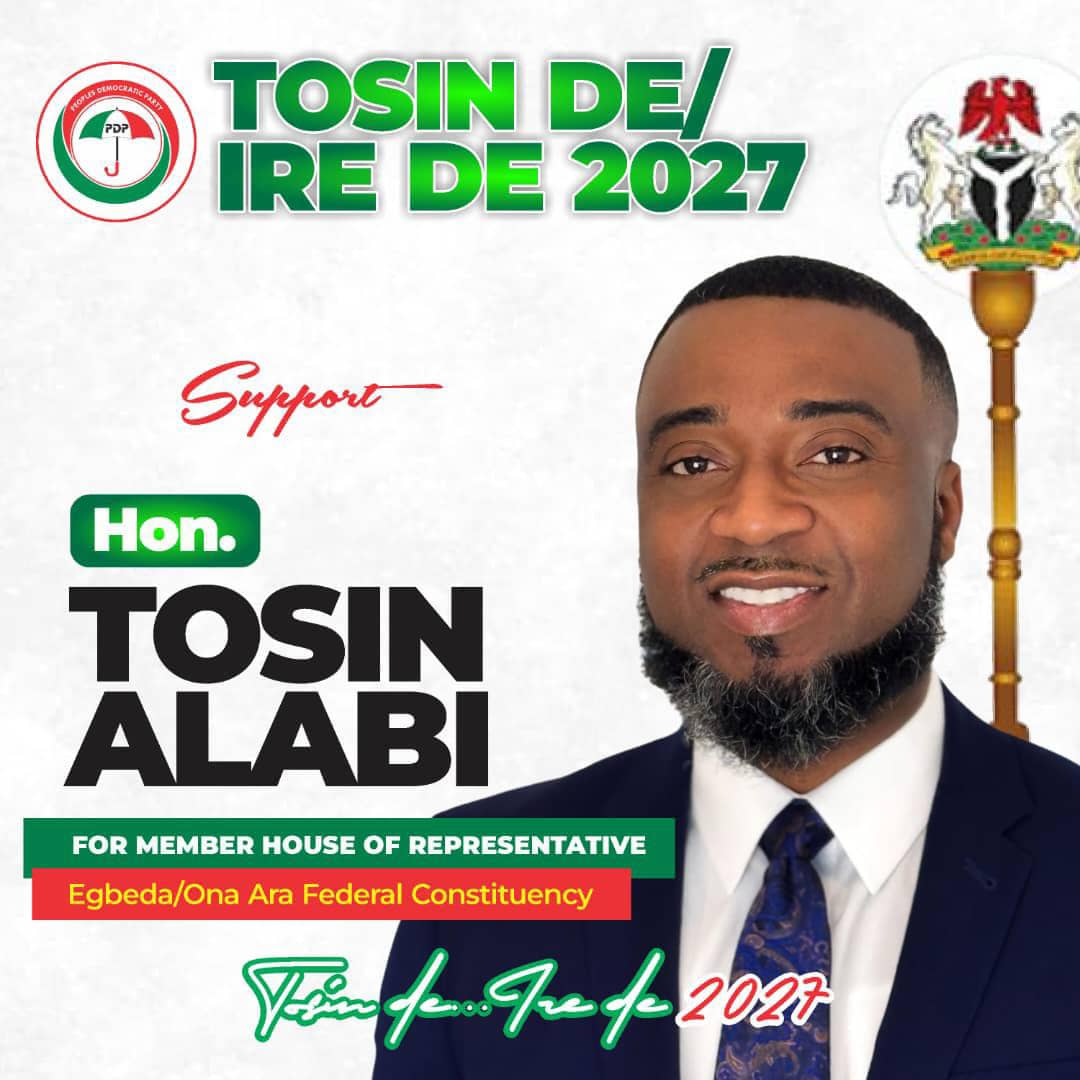A cancer expert at the University College Hospital, Dr Olayinka Ademola had said that the hospital recorded over 400 breast cancer cases in the year 2016, even as the hospital announced free breast and prostate cancer test for its staff starting from February.
Dr Ademola, who spoke at a media briefing to herald the hospital’s 2018 World Cancer Day, said that at least 50 breast cancer patients are attended to every week at the hospital’s surgical outpatient department.
The expert, who noted that there were six different types of breast cancers, declared that with personalised or precision medicine at the hospital, cancer treatment at the hospital had changed dramatically.
According to him, “precision medicine had helped to the individualised care of cancer so that to a fine degree, we can know what treatment a patient will benefit from. It is not all gloomy that if you have breast cancer, you will die.”
UCH’s Chief Medical Director, Professor Temitope Alonge, while announcing that work was ongoing for the hospital to have a cancer centre, said some of the hospital staff had also developed cancer, thus the steps to ensure key early cancer detection and treatment among its workforce.
While the free prostate cancer testing is to start middle of the year 2018 for men above age 40 years, Prof Alonge declared that 26.3 percent of breast cancer death cases in the hospital were in the 40 to 49 age group.
On prevention of liver cancers, he said the hospital was also embarking on free hepatitis treatment for its staffs to ensure those with hepatitis, a precursor for liver cirrhosis and cancer, does not end up with this cancer.
Professor Alonge, however, solicited for increased support for the prompt completion and equipping of the hospitals’ cancer centre, declaring that over N5 billion would be required.
Head, Department of Radiation Oncology, University College Hospital, Ibadan, Professor Adeniyi Adenipekun said between two to three new cases of prostate cancer come to the hospital’s radiotherapy department for treatment per day, being the only functional centre most of the months of the year in Nigeria.
He decried people late presentation of cancer patients for treatment, linking this to poverty, poor knowledge of people about cancers in the community and stigma.






















